AN EXAMINATION ON THE ONLINE LEARNING READINESS OF FILIPINO SEAFARERS
Abstract:
Due to imposition of travel restrictions and placement of localities across the country in community calibrated lockdowns brought about by the COVID-19 pandemic, the Philippine maritime education and training system is transitioning to online learning to ensure that continuing capability building is provided to the country’s seafarers who are key workers in shipping that provide essential services in the global fight against the pandemic and in sustaining world economy. As another new thing in the ‘new normal’ comes the question of whether or not Filipino seafarers are prepared to be successful in an online learning environment. After all, a learner’s demonstrated success in a conventional education and training classroom may not be an adequate predictor of success in an e-learning classroom. Studies have indicated that high attrition rates for online programs can be prevented by assessing student online readiness. The research utilized the Online Learning Readiness Scale (OLRS) developed by Hung et al. (2010) to measure the seafarers’ readiness for online learning. The OLRS delves into five (5) dimensions, namely – self-directed learning, motivation for learning, computer/Internet self-efficacy, learner control, and online communication self-efficacy. Access to technology by the respondents in relation to online learning was also looked into. Results of the study reveal that respondent-seafarers have a relatively high readiness level for online learning. In particular, the highest readiness is in the motivation for learning. However, one readiness dimension may need special attention: learner control. This implies the need for instructors to help the seafarer-trainees develop learner-control skills and attitudes especially for online learning contexts and for the training courses to be designed to ‘pull the learners in’, among others.
0 Comment(s)
Be the first to comment.
Upcoming Event
Research Archives
Subscribe to our Newsletter
Discover the latest upcoming and ongoing research. Don't forget to pre-register for the upcoming events.
Updates will be notified through your registered email to this portal.

